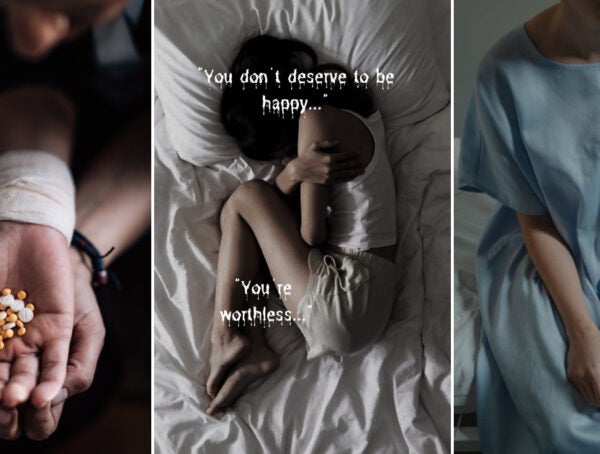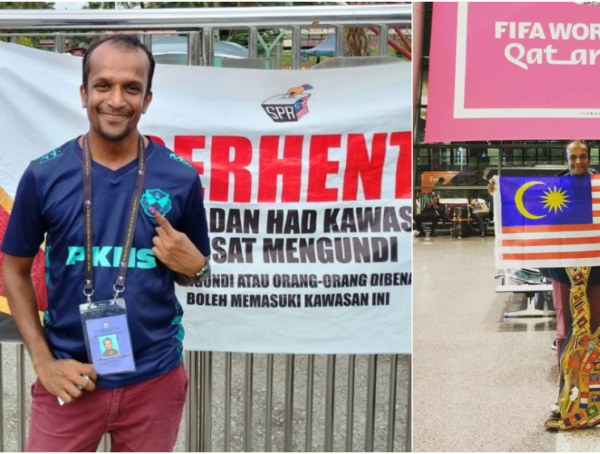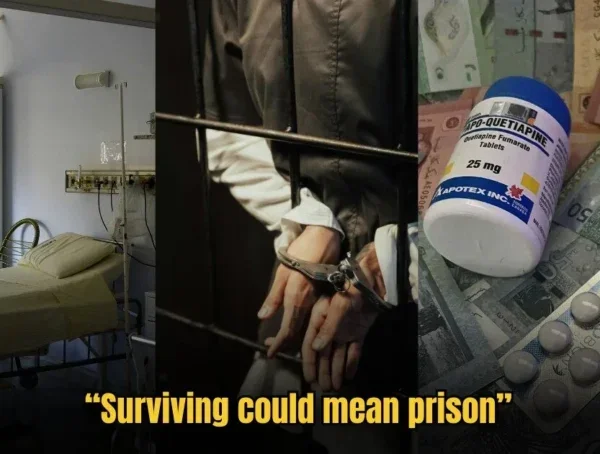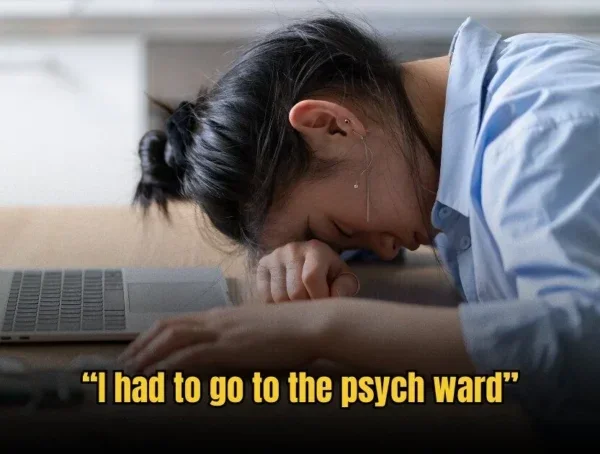Disclaimer: In Real Life is a platform for everyday people to share their experiences and voices. All articles are personal stories and do not necessarily echo In Real Life’s sentiments.
When I tell people that I have anxiety, they automatically think I was just always just a nervous or shy child, that that’s how I was raised. It was quite the opposite for me.
In school, I had no issues participating in events or doing presentations. I did not mind speaking in front of a crowd and putting myself out there.
Even during university, I used to be so social and extroverted. It was an amazing experience and fun, but all good things must come to an end.

When I graduated from university, things started to go downhill.
I graduated with a degree in accounting and finance and got a finance job after graduating. I realised that it wasn’t a field I enjoyed until much later on.
I was working a typical 9-5 job and in a firm that was not very friendly. Imagine someone very outgoing, talkative person working in a company where the only conversation people had were about numbers, it was not ideal.
I didn’t realise why I didn’t like it, so I started reaching for things. I tried to tell myself, maybe going out with my friends would help, or I just need vacations.
Deep down, I knew I was unhappy but I was also not being honest with myself. I was too scared to admit that the work was not my cup of tea, because I’d have to confront the possibility that my university degree was a waste of time.
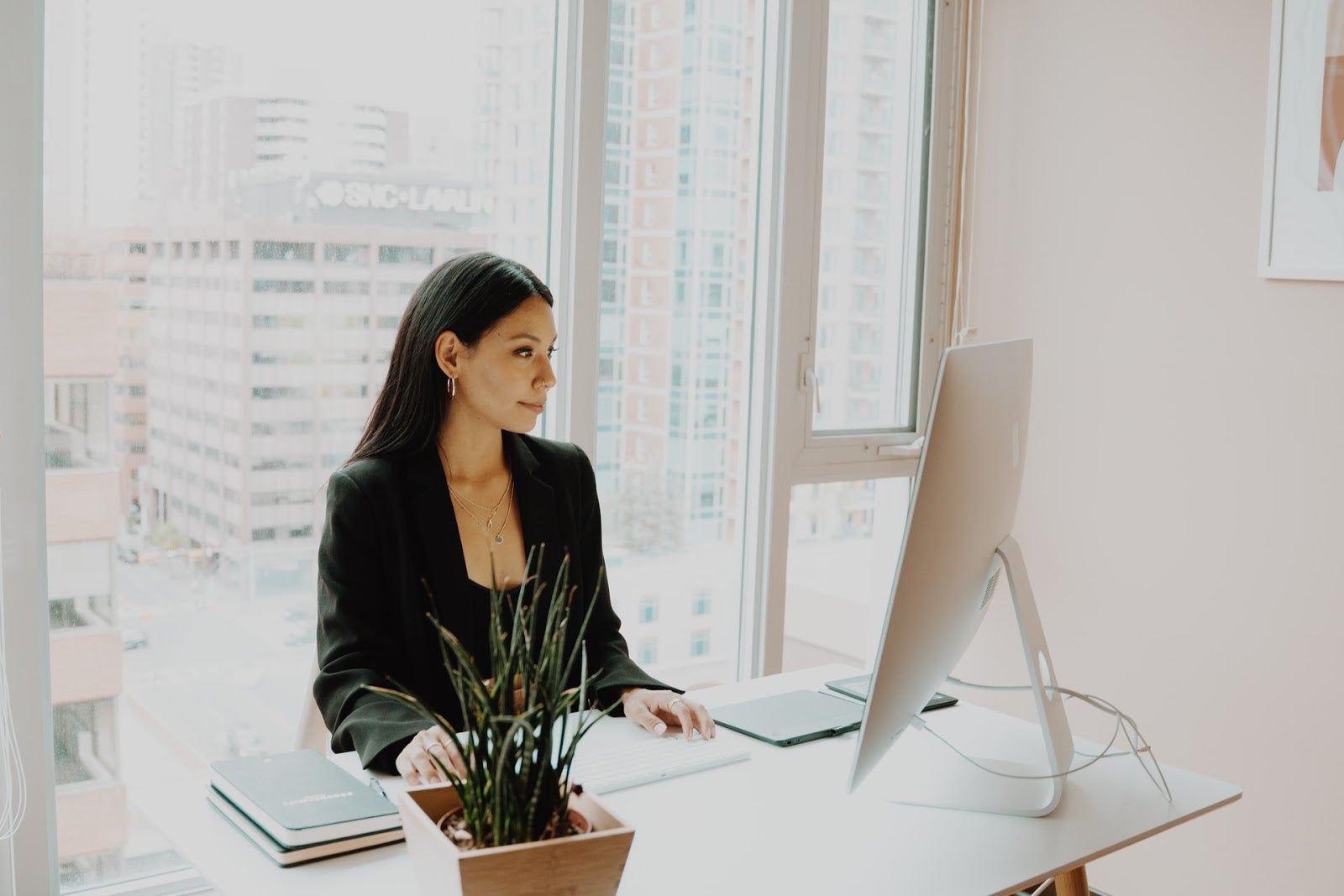
I was following the plan, and I felt like I was not being grateful
Getting a job after graduating is the usual plan for most graduates, and it’s usually a huge struggle. Fortunately for me, I got hired really quick so I felt I should have been grateful. I didn’t understand why I was not happy.
All my life I was following the plan and eternally, it was going well. But all of a sudden I was feeling miserable. It started with small doses of feeling “off” which then turned into a constant stream of negative self-talk, like I am not good enough for this job and that everyone secretly hates me.
After that, my brain was full of this monologue of how unhappy I was.
The negative thoughts were always amplified whenever I was alone, since there was nothing to distract me. I started to feel muted and scared to be alone. I found myself getting easily irritated with everything. I began talking and showing my sorrows. My unhappiness became the center of most of my conversations, which drove people away.
Over a period of time, it started manifesting as physical symptoms. I started experiencing anxiety attacks. My heart was racing and my hands were shaking. It felt like I was being choked. I started sweating and was so confused about what was happening.
The first time this happened was in a restaurant. I just thought my blood sugar was low and that I just needed to eat more. Ever since then, it made me form this irrational fear of eating out which was not me, because I loved going out. I wish eating more did solve my issues.
I felt so detached from myself. It was as if I was talking but I was just watching myself talk. I did not understand how my words were being formed; in my brain, crazy thoughts would shoot around, which made me less engaged in what I was doing. It felt like I was there physically but not mentally not really there. I was so zoned out even from myself.
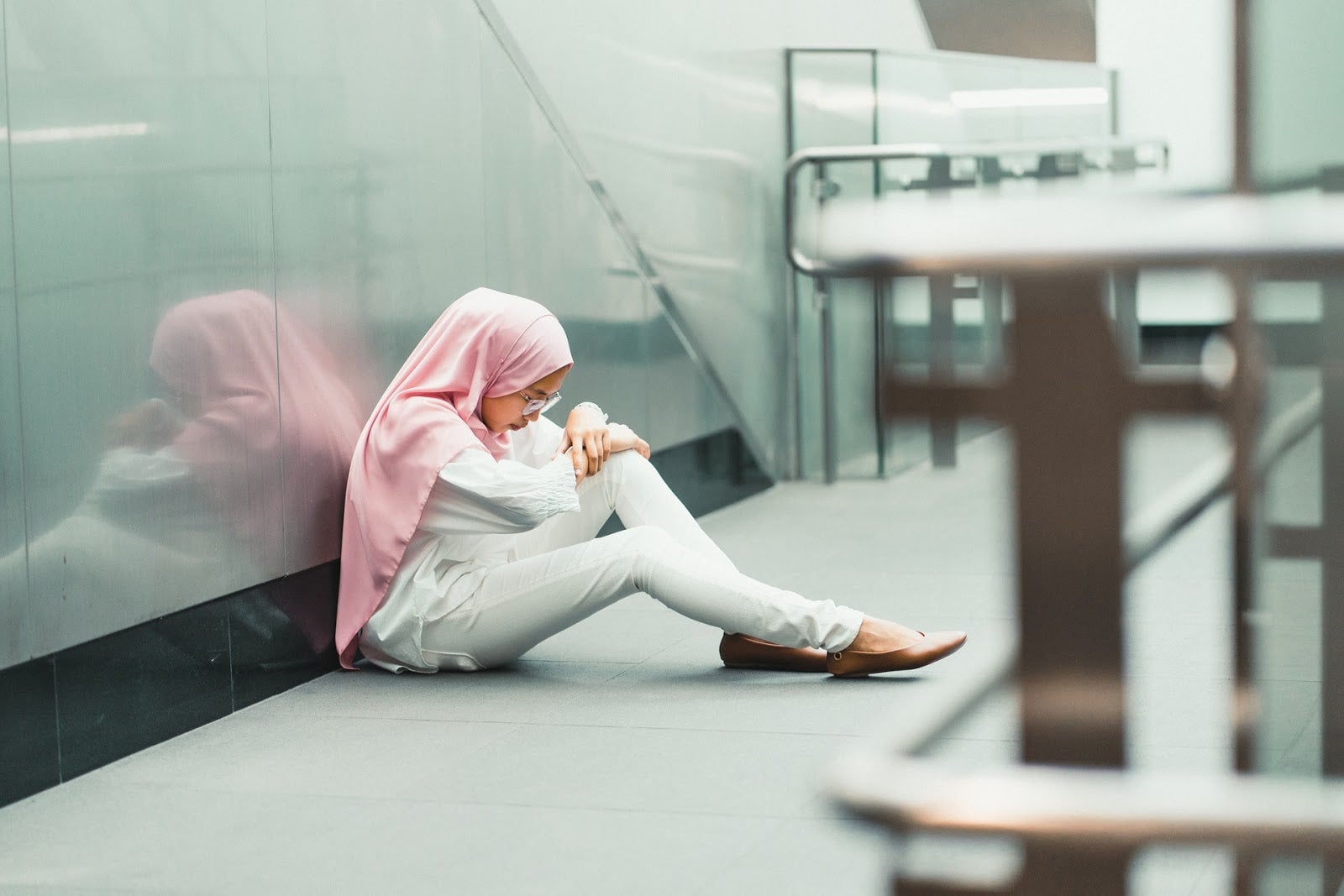
I realised that something was seriously wrong with me
I realised I needed to see a doctor, and so I booked an appointment with the general hospital. I was referred to a counsellor for a psychiatric evaluation. To this day, I believe that is the best decision I have ever made.
After going through a few rounds of questions, the psychiatrist diagnosed me with Generalised Anxiety Disorder. Generalised Anxiety Disorder can come about in odd ways. For some, it could be genetics, some traumatic experiences or just simply brain chemistry but in my case we concluded it was because of the stressful environment.
Now, I understand that if I’m disengaged with what I am doing with anything for a prolonged period of time, it means that I am mentally commenting on what I was doing rather than being present. I found out it’s called Dissociation, something that is common within anxiety patients.
Therapy was a huge tool for me. From when I was 23 to 26, I went through a lot of self-reflection. I realised that the fast-paced work environment wasn’t for me, as it made me feel very disconnected to myself and emotions.
I quit my job to work on myself and improve my lifestyle. I started getting into fitness and eating clean which made me feel so much better.
At that time, I realised I wanted to help people feel good about themselves and not just sit in an office and look at numbers.
It might seem unrealistic to go from finance to fitness but for the sake of my mental health, I started taking courses to become an instructor.
I am 30 now and still go to therapy at least once a month. People go to the gym to keep them physically healthy, well, therapy is my gym for my emotions.
My parents didn’t understand why I needed therapy
At first, it was really hard to share this with my family. I grew up in a household where no one spoke about their feelings or emotional state.
However, I think my parents definitely picked up that something was off with me. My mother always thought that something was wrong physically, in her mind she felt like I was just lacking a certain kind of vitamin.
But I knew it was not simply a vitamin deficiency. I just felt unhappy even though I had a job, I was making money, and I had a great family too.
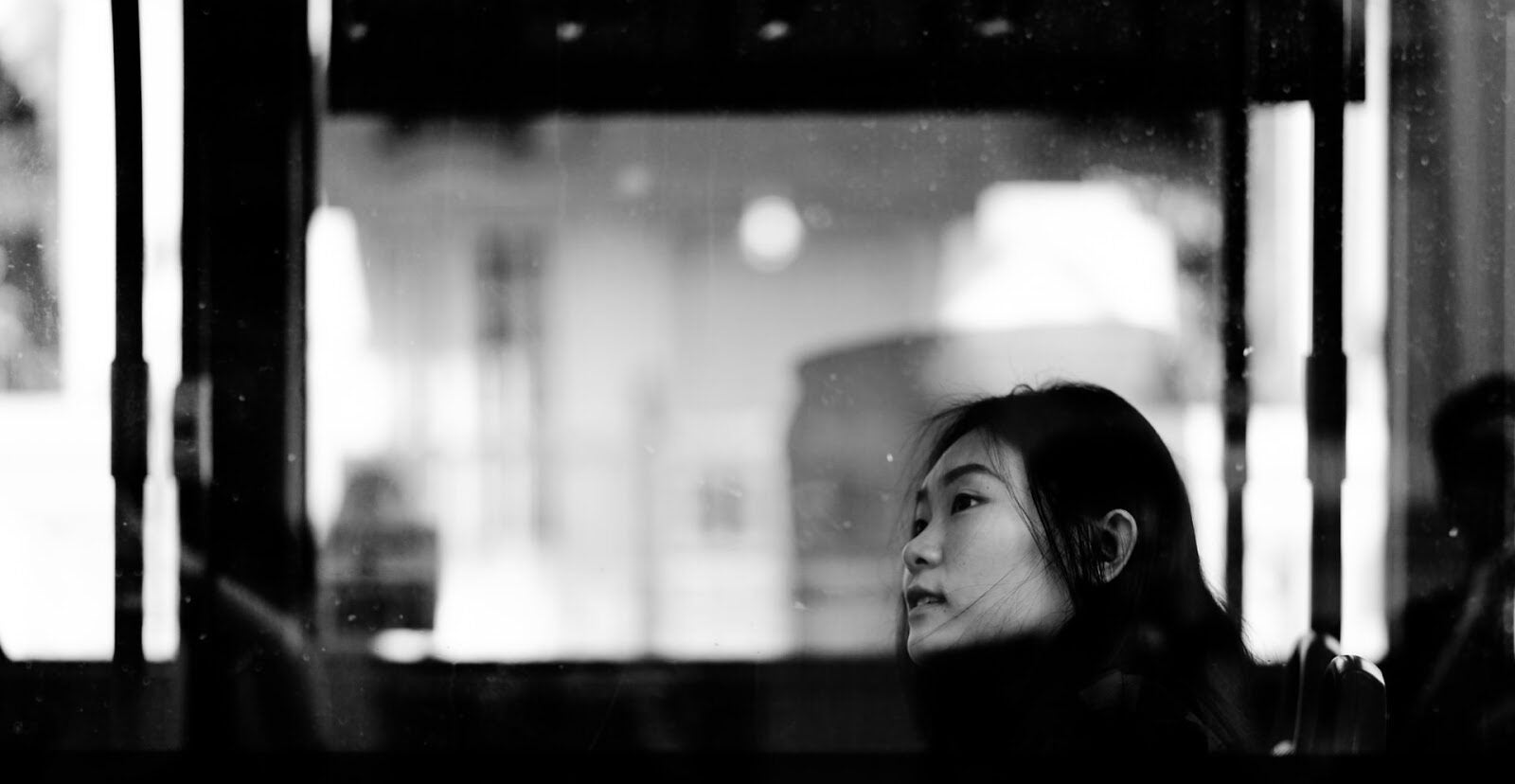
I remember when I told my family I was going to see my therapist, they just said that’s what I needed but still supported. They started talking about it to relatives and everyone got weirded out by it.
A lot of it is due to the stigma that is around mental health in Asian communities. It’s considered to be ‘embarrassing’ and it means your parents did not raise you well.
This really annoyed me because I felt like I couldn’t talk to anyone about it. They would always say things like, “What do you have to worry about?” or “Why can’t you talk to us instead of a therapist?”
They didn’t understand it was much deeper than just ranting or complaining. But as time went on, they started noticing the upward shift in my mood after each therapy session. That’s when they became more supportive, like they would actually ask me how therapy went and how I feel.
My family never talks about feelings or emotions so when they started asking me how I felt, it was a big turning point. It showed that they were willing to understand, so in that moment, I chose to help them understand rather than get disappointed.
I opened up about myself and how I felt, and eventually we started discussing mental health in general which made me feel closer to my parents. There were times that my mother and I would go yoga classes together or meditate.
I still have bad days to this day, but I deal with it better
In your 20’s, it’s normal for everyone to have a bad day but there are times when you have bad weeks, bad months, maybe even bad years. It’s just not talked about openly.
During the hard days, I would remind myself that one day I am going to be very thankful I have gone through something like this because at the end, I came out stronger and more confident.
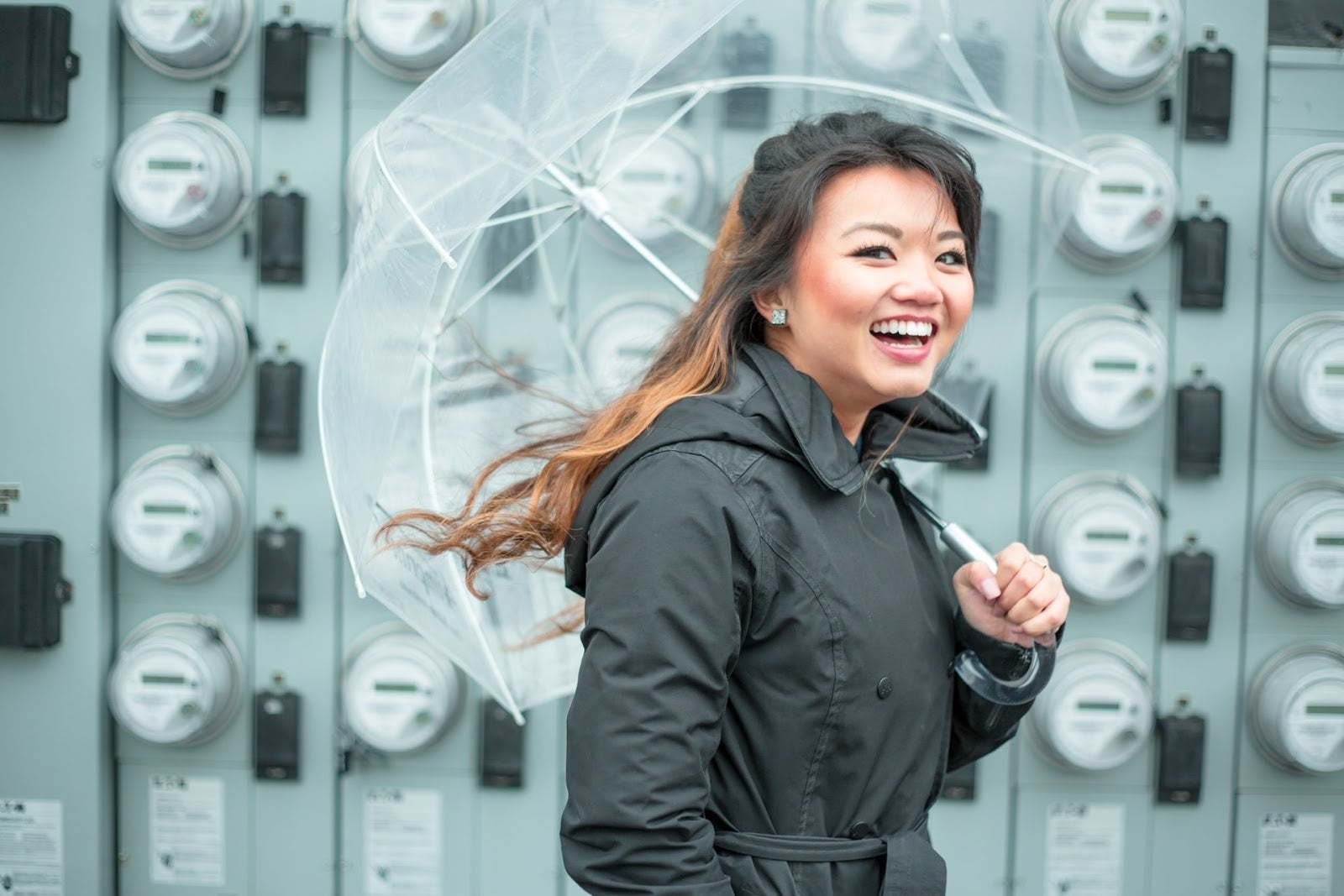
I still deal with anxiety to this day, I just know how to handle it and take care of myself better so it doesn’t go to the extent of me feeling helpless.
Whenever I feel anxious now, I just ask myself: ‘What can I do in this moment that is going to improve my mind right now?’ It helps me to rationalize myself and look at things in a more realistic light.
That was a difficult time and I still have difficult days but the experience taught me a lot about myself.
For more stories like this, read: Here’s How I Had (And Coped) with Workplace Anxiety and 5 Reasons Why Asian Families Don’t Talk About Mental Health
If you like what you read, follow us on Facebook & Instagram.

You might also like
More from Real Mental Health
“I Was Scared of Waking Up in Handcuffs,” shares Depressed M’sian on Repealed Law
In 2023, Malaysia repealed Section 309, a colonial-era law that made suicide attempts a crime. The change marked a shift …
‘Everyone Saw A Successful Student While I Was Crumbling,’ Shares 22 Year Old Student
This is a story of a 22 year old woman who shared her story as a Straight A’s student as …
5 Harmful Mental Health Myths Malaysians Still Believe
Let’s break down five of the most common myths Malaysians still believe, and why it’s time to let them go.






